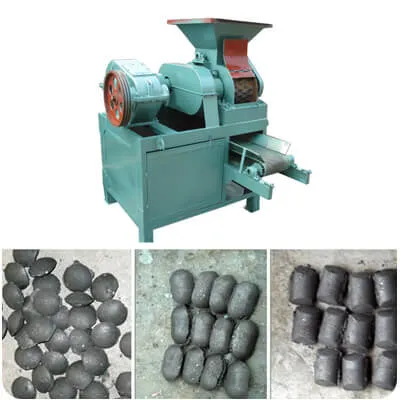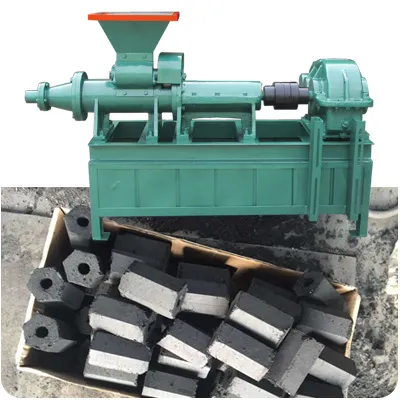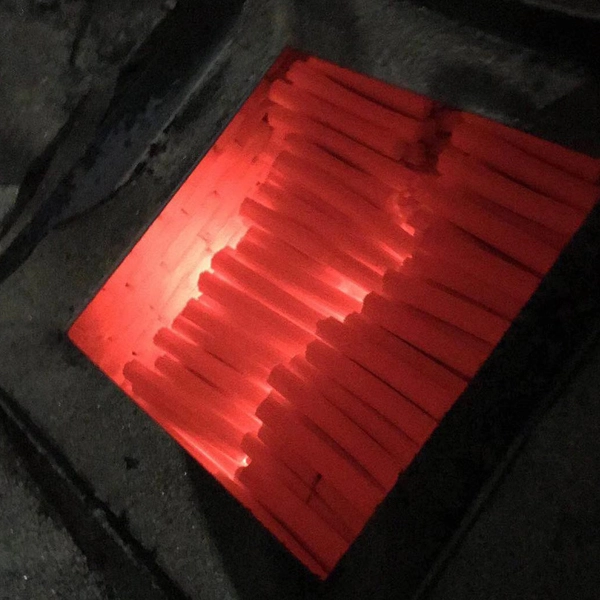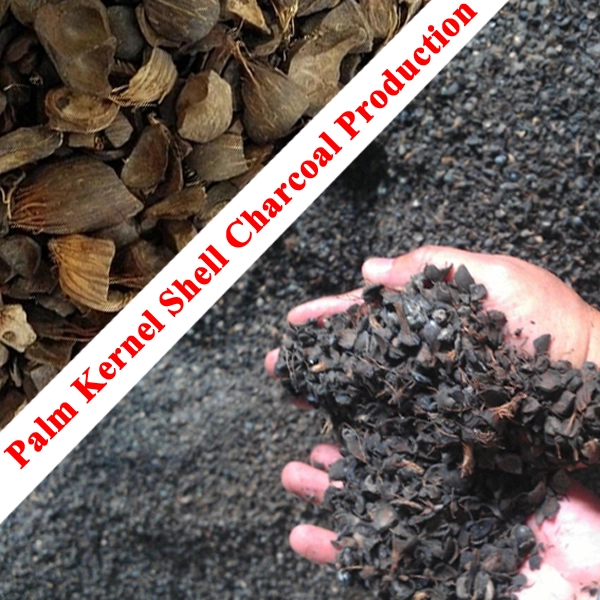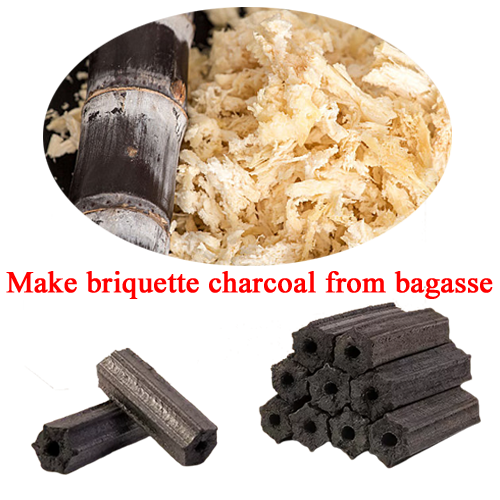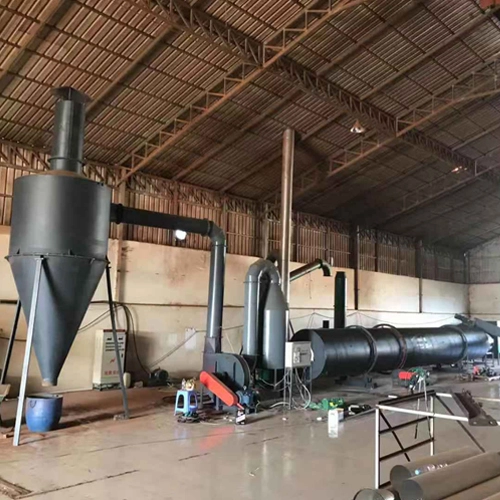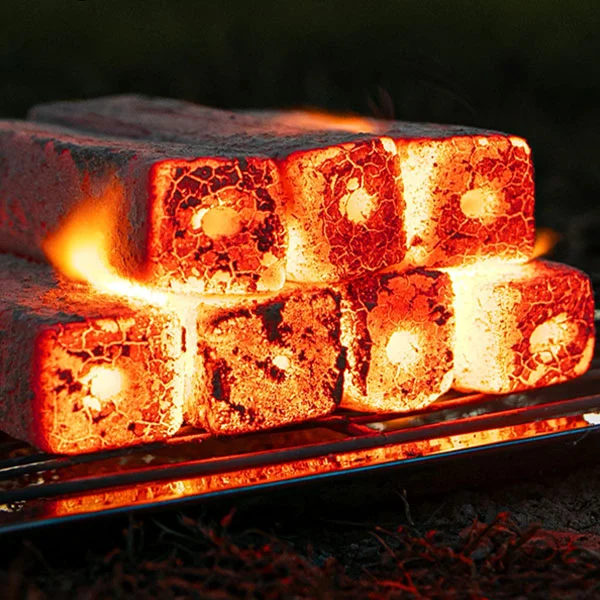Olive is a common economic plant, mainly used to produce olive oil and table olives. Globally, the olive tree is planted on more than 15 million hectares, about 80% of these trees are located in the Mediterranean region, and olives are the cornerstone of the agricultural economy and sustainable development of some of these countries. The production of olive oil produces large quantities of pomace, which can be made into green olive charcoal. Others such as olive wood and olive stones can also be used as raw materials for the production of charcoal. These ingredients are cheap and readily available in areas where olives are grown.
Below we briefly introduce the process and machines for making charcoal from different olive raw materials.
Natural olive wood charcoal and olive pit charcoal
In order for the olive tree to have a better metabolism, promote the growth of fruit trees, and produce more high-quality fruits, the olive trees in the olive plantation need to be pruned every year, so there will be a large number of olive branches and aging wood sources. Olive wood has a high density, is very solid, and has high hardness. It is an excellent raw material for making charcoal. These olive woods can be directly charred to make natural charcoal by the carbonization furnace.
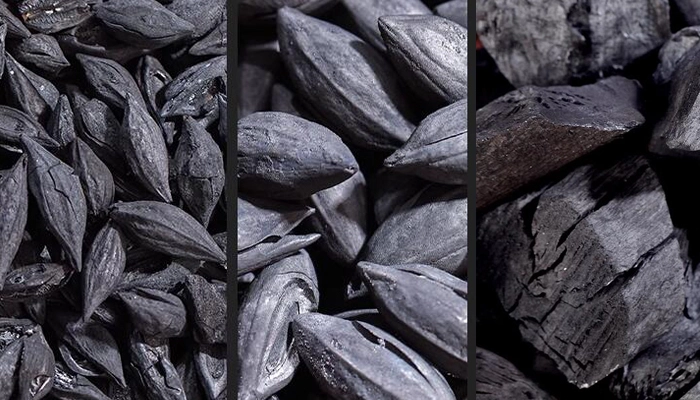
Olive pomace charcoal
Olive pomace is an olive by-product produced after fresh olive fruit is cold-pressed to extract pulp oil by purely physical methods. It is reported that 350-400 kg of pomace will be produced per ton of fresh olive fruit after oil extraction. As a kind of waste, olive pomace is generally treated as fertilizer and fuel, or directly discarded as waste. These treatment methods not only cause environmental pollution but also ignore the potential utilization value of this resource. One of the proven methods is to char the olive pomace first, then use olive pomace charcoal powder to make charcoal briquettes.
